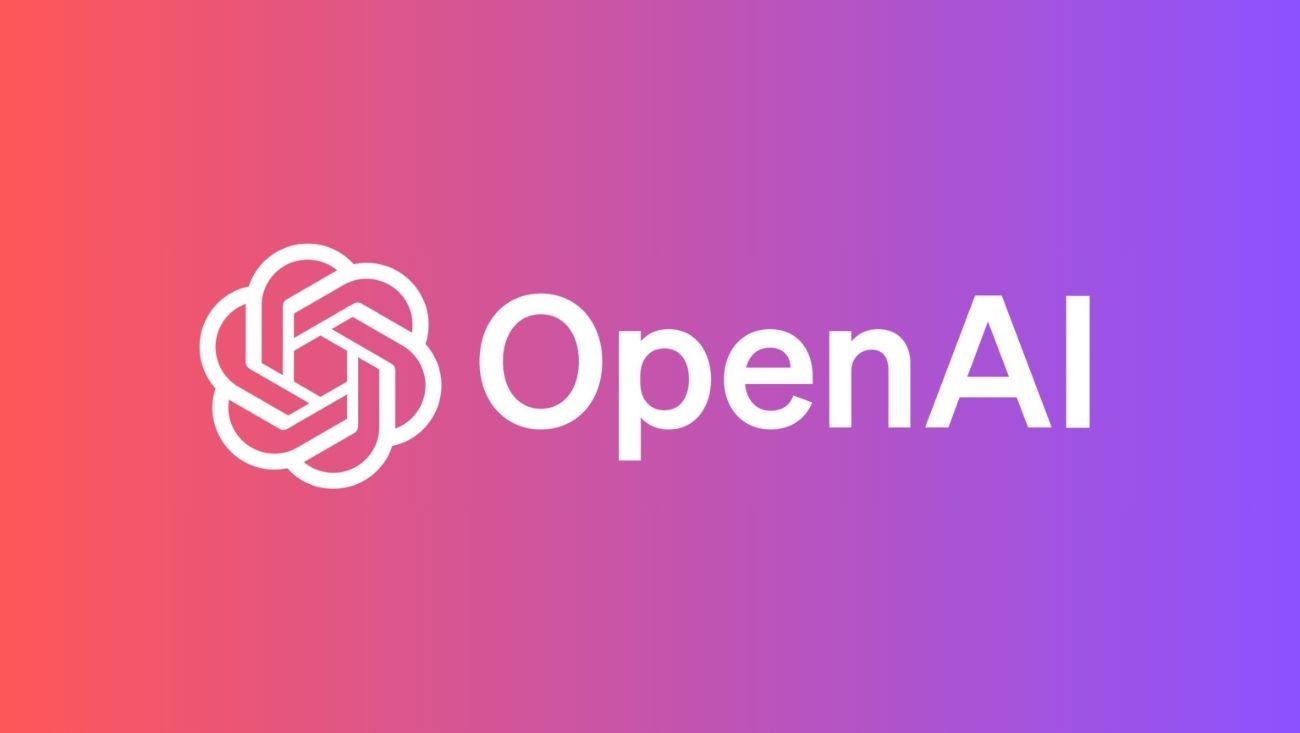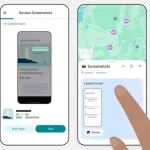OpenAI has introduced a groundbreaking initiative called “OpenAI for Countries,” designed to collaborate with governments worldwide to develop AI infrastructure rooted in democratic values, challenging China’s dominance in the global AI landscape. Announced on May 7, 2025, the program aims to support countries in building localized AI systems, with a focus on sectors like healthcare and education, while ensuring alignment with regional priorities. By expanding its global reach, OpenAI is leveraging AI innovation to empower nations and reshape the global technology landscape, offering a democratic alternative to authoritarian AI models.
As detailed in the official announcement, “OpenAI for Countries” builds on the company’s Project Stargate, initially launched with Oracle and SoftBank to create AI data centers in the U.S. Now, OpenAI is taking this model global, partnering with countries to establish and operate data centers that deliver customized versions of ChatGPT, tailored to local languages and cultural contexts. Chris Lehane, OpenAI’s Chief Global Affairs Officer, highlighted the initiative’s adaptability, stating, “This will be AI of, by, and for the needs of each particular country,” emphasizing a localized approach to meet diverse national needs. This effort aligns with OpenAI’s mission to democratize AI, as seen in its international collaboration efforts.
The initiative emerges amid heightened U.S.-China competition in AI, aligning with the Trump administration’s push for American leadership in the field. OpenAI’s participation in the AI Action Summit in Paris earlier this year revealed significant global demand for localized AI infrastructure, with many countries expressing interest in their own versions of Project Stargate. By helping nations fund and develop AI systems, OpenAI seeks to counter China’s state-driven AI models, which often prioritize surveillance, offering instead a framework that emphasizes user-centric innovation and transparency, particularly in critical sectors like healthcare and education.
For OpenAI, this program is also a strategic move to expand its business footprint and recover its substantial investments in AI development. By establishing localized AI systems, OpenAI can access new markets, particularly in regions where AI can drive significant advancements, such as AI-powered medical diagnostics or personalized education platforms. However, the initiative raises questions about the definition of “democratic AI,” a term that remains debated globally. OpenAI’s ability to adapt ChatGPT to each country’s unique needs—such as complying with local regulations or supporting regional languages—will be crucial to its success, especially as nations evaluate whether to align with U.S.- or Chinese-led AI ecosystems in their digital evolution.
The program also enhances OpenAI’s soft power, as noted by Fortune, by embedding its technology into national infrastructures, potentially shaping global AI standards. This could give the U.S. a strategic edge in the AI race, but it comes with challenges, including navigating diverse regulatory landscapes and ensuring equitable access to AI benefits across countries with varying technological capabilities. While OpenAI has not yet announced specific partnerships or timelines, the initiative is expected to unfold over the coming years, focusing on regions eager to strengthen their AI infrastructure, particularly those seeking alternatives to Chinese AI models.
“OpenAI for Countries” reflects a broader trend of tech companies partnering with governments to influence AI’s future, following similar efforts by Microsoft and Google to support public sector AI adoption. OpenAI’s focus on democratic values sets it apart, aiming to provide a model that prioritizes accessibility and ethical considerations over control. As the global AI landscape continues to evolve, this initiative could redefine how countries approach AI development, balancing innovation with local needs. What are your thoughts on OpenAI’s “OpenAI for Countries” program, and how might it impact AI development in your region? Share your perspective in the comments—we’d love to hear your insights on this transformative effort.







